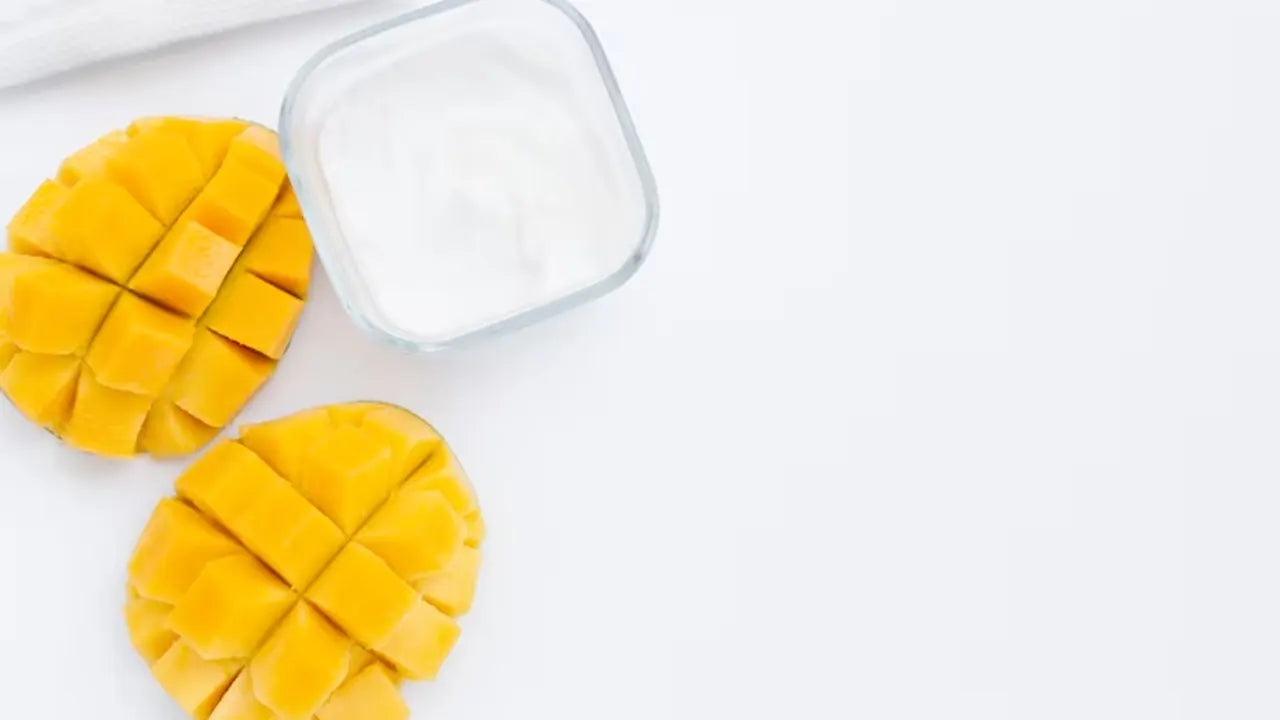Mangoes, the delightful tropical delicacy, are cherished not only for their tantalizing sweetness but also for their multitude of health advantages. Did you know that mangoes are packed with fibers in mango, offering a range of advantages from improved digestion to weight management? Have you ever wondered, "Are mangos high in fibre?" The answer is a resounding yes! These fruits offer benefits from enhanced digestion to weight control, primarily due to the type of fiber in mango. In this article, we will delve into the specifics of what type of fiber is in mango and explore diverse ways you can integrate this luscious fruit into your daily meals.
Short Summary
- Mangoes are packed with essential vitamins, minerals and fiber for numerous health benefits.
- Incorporating mango into your diet is simple & enjoyable - supporting digestion, weight management, cholesterol levels & blood sugar regulation.
- Identify allergies and practice safe handling/preparation to get the most out of its great taste and nutritional value!
Fibers in Mango: The Power of Mango

Soluble and Insoluble Fiber
Fiber Content in Fresh and Dried Mango
Health Benefits of Mango Fiber

Improved Digestion and Gut Health
Weight Management
Lowering Cholesterol Levels
Blood Sugar Regulation
Incorporating Mango into Your Diet

Choosing the Right Mango
Creative Mango Recipes
Precautions and Allergies











